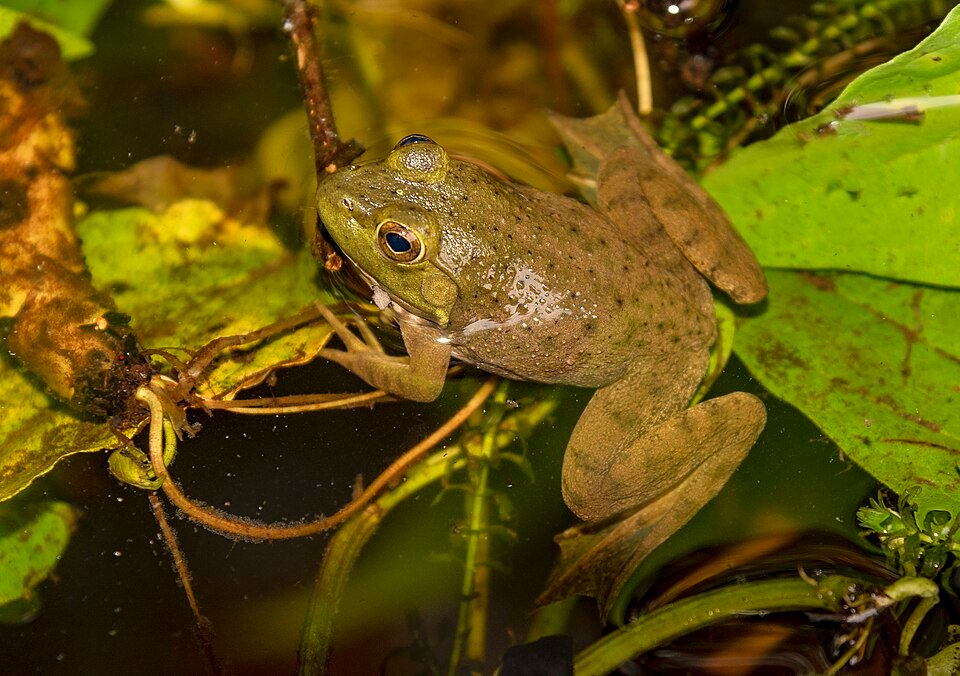Washington, D.C. USA.- As the United States considers expanding the commercial farming of fish, shellfish, and seaweed into federal waters, a new report from the Center for American Progress says policymakers should balance economic opportunity with environmental protection.
Aquaculture offers major economic benefits, but it must be balanced with regulations to ensure the proper location, farm management practices, and species selection, the report says.
As climate change and coastal population growth puts pressure on traditional commercial fisheries, aquaculture has offered working waterfronts another avenue of economic opportunity. Policymakers must carefully consider the differences between unfed aquaculture systems, such as oysters and seaweed, and industrial fed aquaculture projects — including salmon — to ensure sustainable and environmentally conscious aquaculture practices are maintained in any offshore expansion of the industry.
Read the report: “American Aquaculture: An Overview of the Current Status, Environmental Impacts, and Legislative Opportunities” by Alexandra Carter and Miriam Goldstein. https://www.americanprogress.org/issues/green/reports/2019/05/13/469730/american-aquaculture/
Editor at the digital magazine AquaHoy. He holds a degree in Aquaculture Biology from the National University of Santa (UNS) and a Master’s degree in Science and Innovation Management from the Polytechnic University of Valencia, with postgraduate diplomas in Business Innovation and Innovation Management. He possesses extensive experience in the aquaculture and fisheries sector, having led the Fisheries Innovation Unit of the National Program for Innovation in Fisheries and Aquaculture (PNIPA). He has served as a senior consultant in technology watch, an innovation project formulator and advisor, and a lecturer at UNS. He is a member of the Peruvian College of Biologists and was recognized by the World Aquaculture Society (WAS) in 2016 for his contribution to aquaculture.







